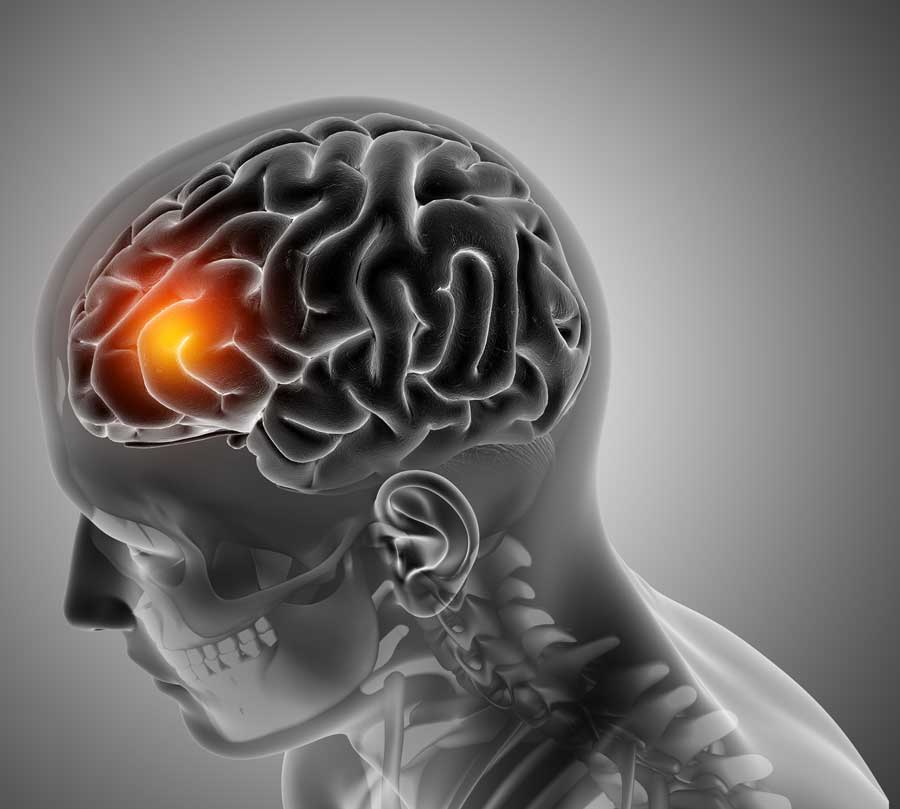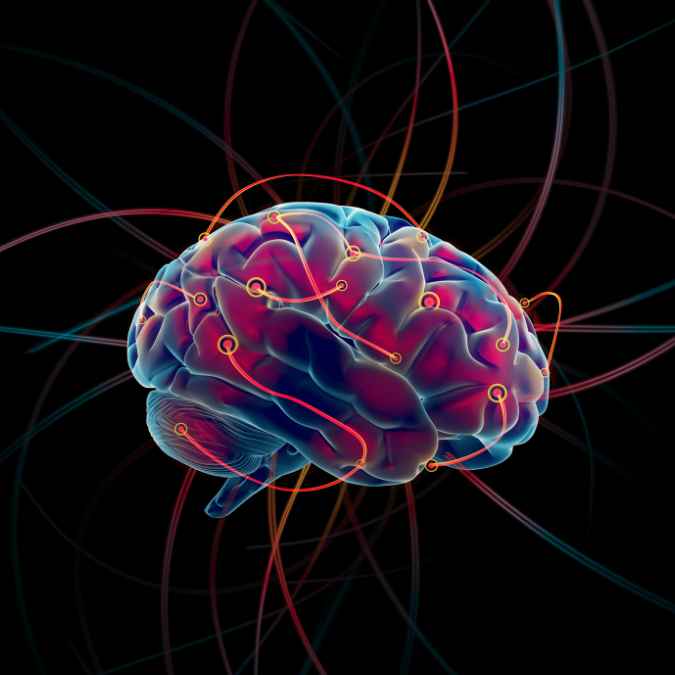Myasthenia gravis is a debilitating autoimmune disorder affecting communication between the nerve and muscle. It leads to weakness and fatigue of the skeletal muscles, which can worsen with activities such as chewing, speaking, and breathing. While the exact cause of myasthenia gravis is not well understood, it is believed to be related to an abnormal immune response that attacks the receptors that allow nerve impulses to reach the muscle.

Early diagnosis and therapy are crucial for managing myasthenia gravis and improving quality of life. Here are some reasons why:
- Better prognosis: The earlier myasthenia gravis is diagnosed, the more effectively it can be managed. With prompt treatment, patients can experience less muscle weakness and fatigue, allowing them to participate in more activities and improve their quality of life.
- Avoidance of complications: Early treatment can help avoid potentially life-threatening complications such as respiratory failure or aspiration pneumonia. Respiratory failure can occur when the muscles responsible for breathing become weak, leading to difficulty breathing and even respiratory arrest. Aspiration pneumonia is a kind of pneumonia that occurs when food, liquid, or saliva enters the lungs, leading to infection.

- Improved quality of life: With prompt treatment, patients with myasthenia gravis can experience less muscle weakness and fatigue, allowing them to participate in more activities and improve their quality of life. This includes working for a living, exercising, and participating in social events. Early treatment can also prevent the development of more crucial symptoms and help improve overall well-being.
- Personalized treatment plan: An early diagnosis allows for a more tailored treatment plan, taking into account the individual’s symptoms, medical history, and lifestyle. This personalized approach can help optimize treatment outcomes and minimize side effects.
- Timely access to specialist care: An early diagnosis means that patients can receive prompt access to specialist care, including neurologists & immunologists, experienced in treating myasthenia gravis. They can provide expert advice on the best course of action and can help manage symptoms more effectively.
In conclusion, early diagnosis and treatment of myasthenia gravis can contribute to a significant difference in the prognosis and quality of life for those affected by this condition. If you or somebody you know is experiencing the symptoms of this disease, it’s necessary to seek medical attention promptly. With early diagnosis and prompt treatment, patients can experience better outcomes, improved quality of life, and a better prognosis for the future.

Leave a Reply